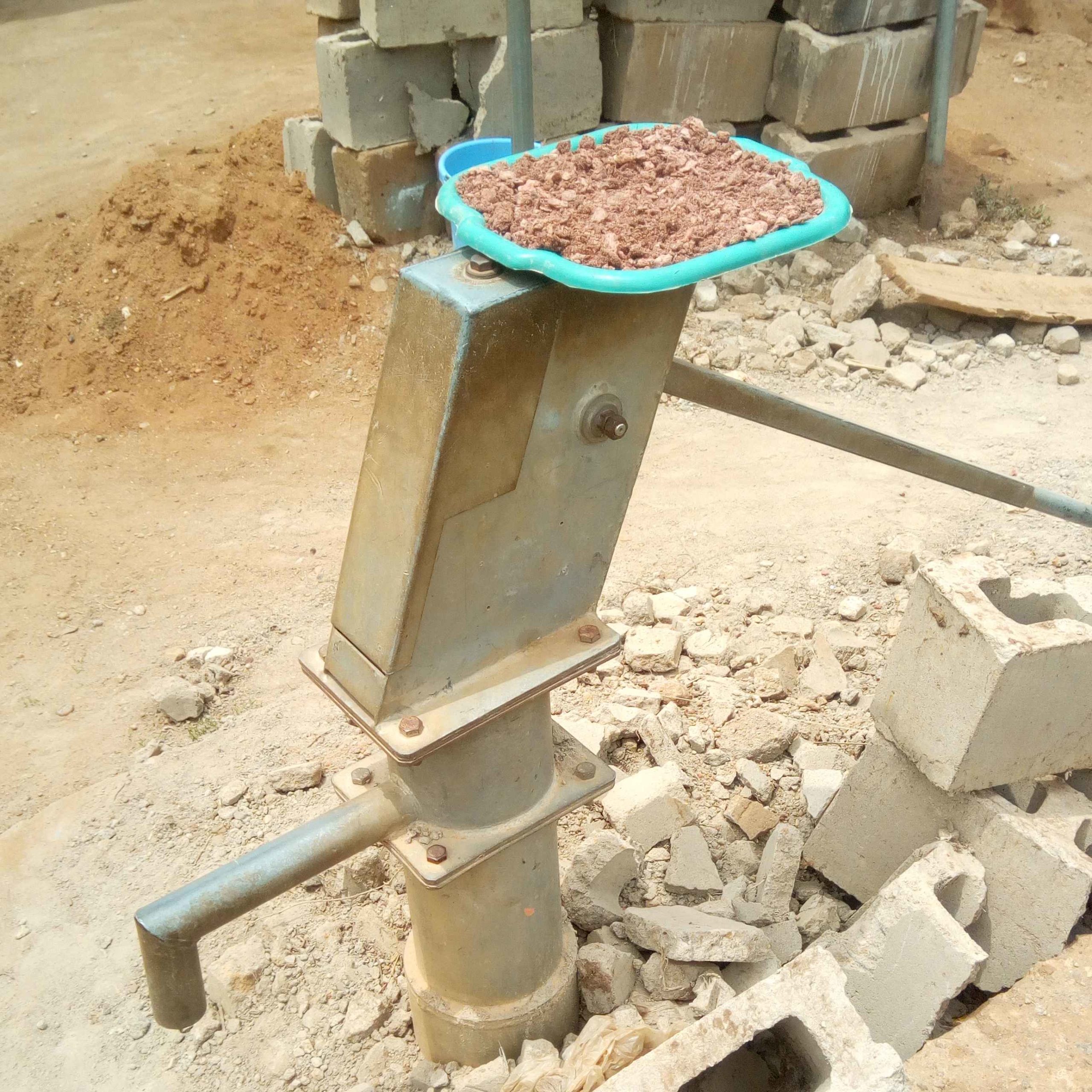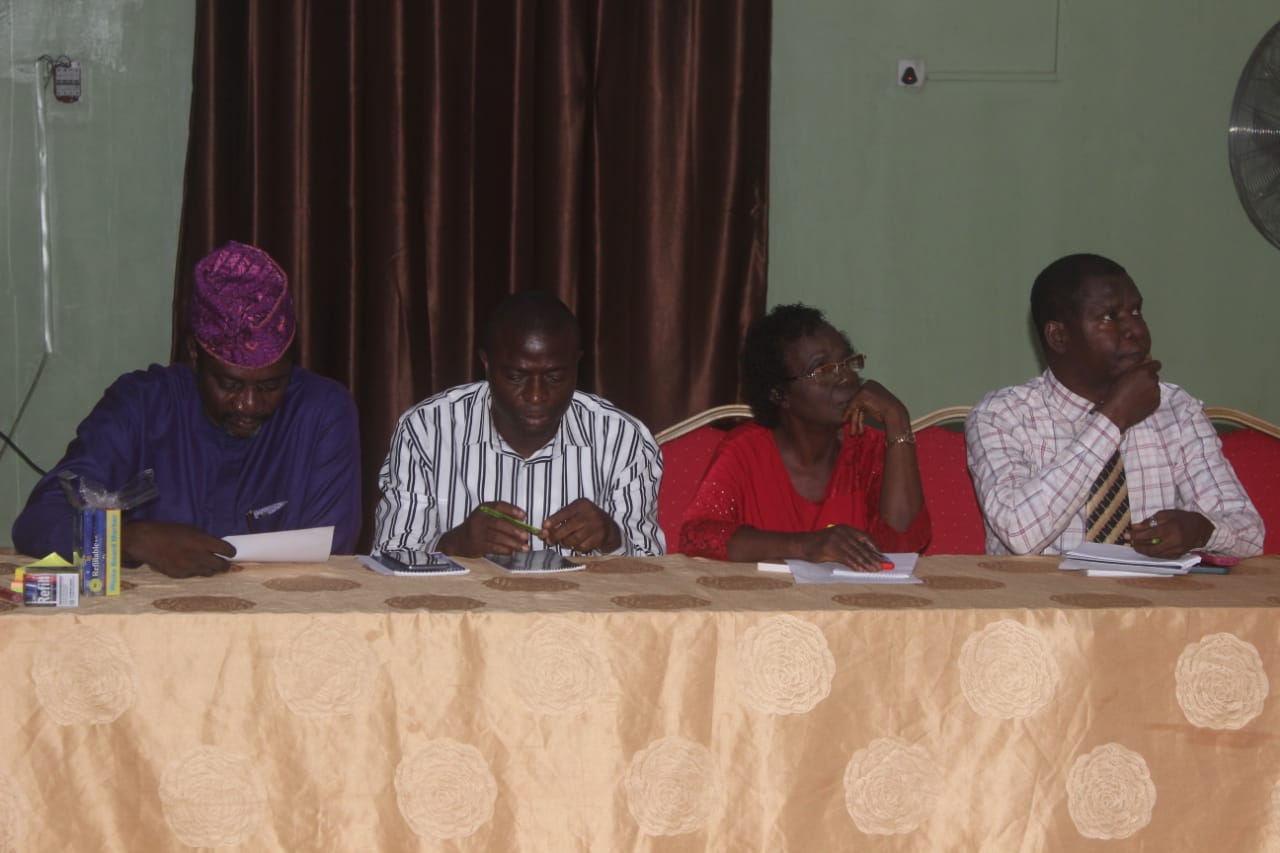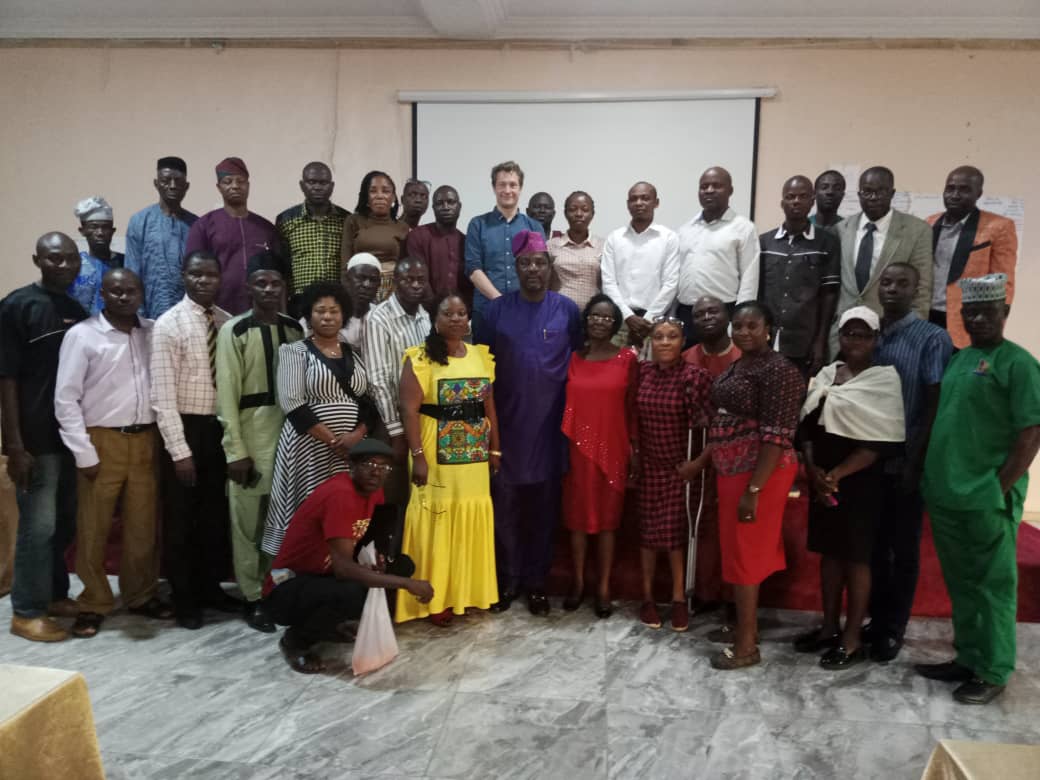
By Osalade Ayodele with background data from Babatope Babalobi
The Permanent Secretary, Ministry of Infrastructure and Public Utilities (MIPU), Ekiti State, Engr. Olumide Ajayi has lamented the poor sustainability of Water, Sanitation, and Hygiene (WASH) facilities and services in the State, and urged all stakeholders to join hands to redress the trend. The MIPU coordinates WASH activities in the state.
WASH facilities and services typically include water schemes and infrastructures managed by state urban, small towns or rural water agencies; public or private water vending points based on hand pump, motorised or solar boreholes; and public toilets in market places, health centres or schools.
Speaking at a stakeholders’ consultation meeting on the Sustainable Urban, Rural Water supply, Sanitation and Hygiene (SURWASH) programme, held in Ado Ekiti, Ekiti State capital, yesterday, Engr Olumide said the statistics on the ‘functionality and reliability’ of most of these WASH facilities and services is ‘poor’, hindering the march to ensure universal WASH coverage.

Ekiti State like all states in Nigeria experience water and sanitation poverty in Ekiti State as revealed by Water, Sanitation, and Hygiene National Outcome Routine Mapping (WASHNORM) a study commissioned by the Federal Ministry of Water Resources.
- Only 81% of the population in Ekiti State have access to basic water supply service.
- 10% of Ekiti population have access to safely managed water.
- 4% of people in Ekiti State have access to basic hygiene services.
- 41% of Ekiti population practice open defecation.
- 73% of people living in Ekiti State drink water that is contaminated with E. coli from source or at the household level.
- 16% of schools, 9% of health care facilities and
- 4% of public places have access to basic WASH services.
In the same vein, the Ekiti State Water Supply, Sanitation, and Hygiene (WASH) Policy, 2020 reveals the number of water supply schemes under the Ekiti State Water Corporation is nine with a total design capacity of 187, 250m3/day, while the output (as of 2020) was estimated at a paltry 16,438 m3/day, or 8.8% of the total design capacity.
Highlighting the poor operational performances of water utilities in Nigeria, WASHNORN further shows:
- Twenty-eight (28) out of 36 states plus the Federal Capital Territory (FCT), Abuja, have urban water utilities that produce water, but only 16 of the 28 states have functional urban water utilities.
- The combined installed capacity of all waterworks assessed is 7,723,383m3 per day or 6,607m3 per day per waterworks, while their combined operating capacity is 2,694,007 m3 per day and 2,174m3 per day per waterworks. However, in average statistical terms, capacity utilisation is
- Sixty-two (62%) of all water supply facilities were functional at the time of the survey.
- The combined installed capacity of all waterworks assessed is estimated at 8 million cubic metres of water per day, while their combined operating capacity was discovered to be a mere 2 million cubic metres of water per day.
- About 21% of waterworks were functional, and 79% were either non-functional or partially functional during the survey period.
Also speaking at the SURWASH meeting, Mr Will Tillett, representing the World Bank educated participants on the ideals and aspirations for SURWASH rural and small town service delivery in the state; and participatory analysis of the status of the building blocks for sustainable service delivery.
SURWASH is a six year programme designed to support the implementation of the National Action Plan (NAP) for the Revitalization of Nigeria’s WASH sector in seven states- Delta, Ekiti, Gombe, Imo, Kaduna, Katsina, Plateau; and the Federal level.
It focuses not only on improving access to Water Supply, Sanitation and Hygiene (WASH) services in selected states, and establishing the policies, regulations, procedures, institutional frameworks, and supply chain and infrastructure management models required to improve sector performance over the long-term along critical dimensions including governance, technology and technical competency, ownership, private sector participation, Monitoring and Evaluation(M&E), access to finance, sustainability, inclusion, and resilience. SURWASH is being implemented in selected rural areas and small towns of Nigeria.
SURWASH is financed by a $700m World Bank loan and $175m government contributions. The loan agreement was signed on September 17, 2022, and implementation has commenced. It takes a hybrid approach to financing by utilizing:
- A US$640 million Program-for-Results (PforR) component for states; and
- A US$60 million Technical Assistance (TA) component for states and selected Federal institutions, which will be implemented as an Investment Programme Financing (IPF) to address critical institutional development and capacity gaps within implementing institutions.

The objectives of the Ado Ekiti SURWASH consultation were:
- To understand the State experience(s), ideals and current realities relating to service delivery models for Rural and Small-Towns Water Supply Services.
- To further discuss case study example that could come from the state and understanding the existing list of sites provided, and identified if there are additional sites for future investigation.
- To understand the existing and potential stakeholders involved in service delivery in Rural and Small Towns and those who also ideally means to be consulted during this assessment.
- To build participants understanding and analysis on sustainability issue relating to Rural and Small-Towns Water Service delivery and modalities for managing services.
Participants included staff of Ekiti State water and sanitation agencies, civil society organisations,, private water service providers, members of Water Consumer Associations (WCAs), and Water, Sanitation, and Hygiene Committees(WASHCOMs).
Leave a Reply